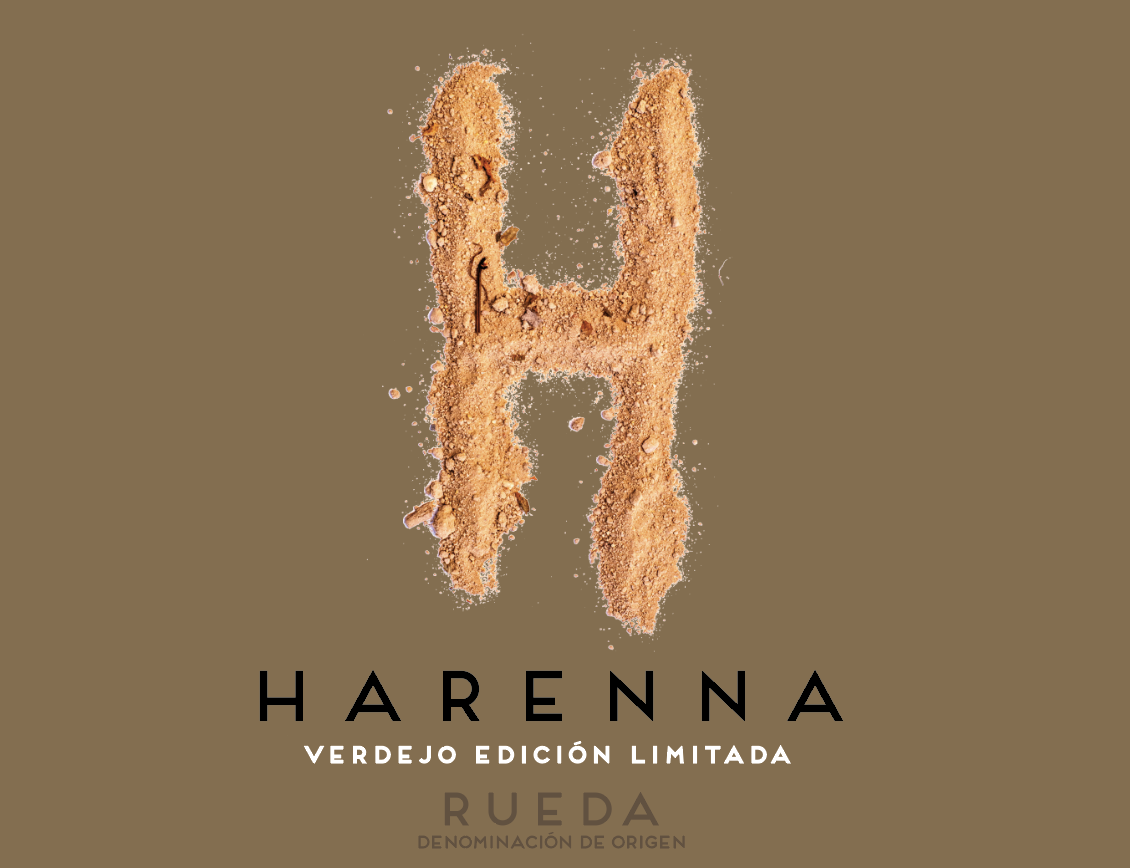Garciarévalo Harenna Tinaja Verdejo Rueda 2020
Garciarévalo Harenna Tinaja Verdejo Rueda 2020
Garciarévalo’s Harenna is made from hand-selected, old verdejo vines situated at the confluence of the rivers Adaja and Eresma, which produce an exceptional microclimate characterized by temperatures up to five degrees cooler than the surrounding areas. This zone also offers a big climatic difference between daytime and nighttime temperatures, which is key for retaining acidity. Far from the arid conditions one expects in Castilla y León, their elevation at 730m and location within a pine forest between two rivers provide an ideal microclimate for producing beautiful, fresh native verdejo grapes. The terroir is sandy, Harenna, and this factor forces the vines to search for their deep underground water resources, much more so than in other parts of the Rueda region.
The unique qualities of the centennial vines are evident in the soils, which differ from most other areas of Rueda. The soil here is extremely sandy and low in organic material, allowing for excellent drainage and a greater difference between daytime and nighttime temperatures due to sand’s quick release of heat at night. These factors allow Garciarévalo’s wines to be ripe yet incredibly fresh, with exceptional acidity for the warm Rueda region. It has also aided them in their conversion to completely organic viticulture, for which they were certified in 2020. As one depends on the other, their organic farming has enabled them to encourage their native yeast colonies in the vineyard to add complexity to their fermentations.
Another factor in the high quality of Garciarévalo wines is the superior clonal diversity found in their old bush-trained vines. Most of the selected verdejo vines are ungrafted, with an average age of 150 years old. The leaves on the old clones are much smaller, and the bunches are tighter and more compact, with a distinctly darker green color than what is found in modern clones. These grapes are the older, pre-industrial verdejo with thicker skins, yielding wines of character and quality. They only use these ancestral clones when replanting new vineyards. Garciarévalo continues to improve with each vintage and leads the Rueda region in a fresh, qualitative direction. Harenna is a full-bodied wine, structured with excellent acidity and minerality.
Vinification – Grapes from pre-phylloxera plots in Matapozuelos are hand-harvested, destemmed, and crushed. Spontaneous fermentation with native yeasts in clay tinajas (amphorae) without temperature control. Once the fermentation is finished, they carry out occasional bâtonnage for six months on the fine lees. The wine is then bottled and goes on to age one year in bottle in their cool underground cellar.


